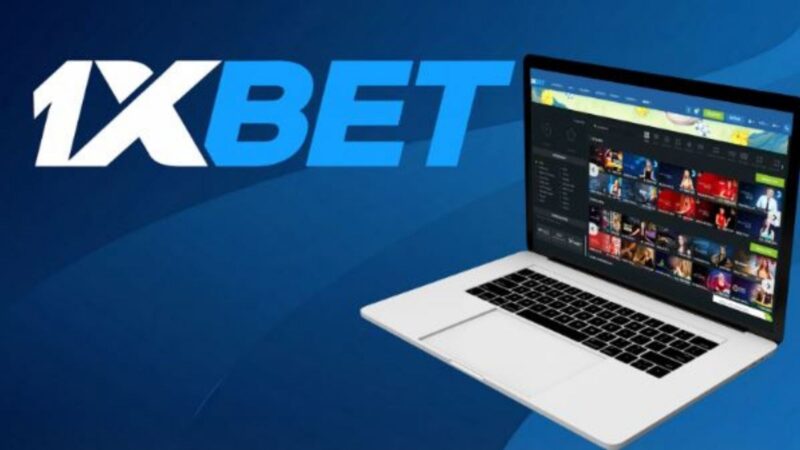
If you follow blockchain technology, then you already know that we are talking about a technology that has been like a wild rollercoaster ride. There have been a lot of ups and downs, and this technology has been used for many different things like cryptocurrencies, NFTs, international transactions, and many other things.
But what makes the Blockchain technology so special that many people jump on this fast-moving train?
Well, it’s because of security, transparency, and decentralization. We are seeing a huge drop in government trust all over the world, and people want an alternative method for managing their finances. A method that doesn’t include a middleman (banks) and that is not controlled by the government.
This is where cryptocurrencies shine. They’ve become so big that even large financial institutions are investing billions of dollars, which proves that they are here to stay.
But how exactly are they enhancing security in financial transactions?
Let’s find out.
What Exactly is Blockchain?
Even though this technology has been around for quite a while, many people still don’t understand how Blockchain technology works. To put it simply, it is a digital ledger that isn’t located on one server but spread across thousands of computers all around the world. Every time someone adds something to it (transaction), every other copy gets updated automatically.
But what makes it safer than traditional banking in the world of finance? Well, this ledger isn’t controlled by a single person or entity; it’s decentralized!
Here, each transaction is encrypted and chained to the previous one. This forms an almost unbreakable chain of data blocks, which makes it really difficult (almost impossible) for someone to tamper with.
Why is Blockchain a Big Deal for Security?
Decentralization Means Less Vulnerability
We mentioned decentralization, but how important is it? Well, in today’s digital world of data, it is very important. Unlike traditional databases, where the actual information is stored in a single location (very easy to access), blockchain uses a distributed ledger that’s replicated across numerous nodes (computers).
This makes it very difficult for hackers to attack the network because they would need to infiltrate every node in the network, at the same time.
Immutable Records
However, it is not only about how data is stored but also how the data is written. Once a block is made (data is entered on the blockchain), it can’t be altered or deleted without changing every subsequent block – and this is a complicated process that makes it almost impossible.
Encryption
Traditional financial transactions are also encrypted to some point, but blockchain technology uses advanced cryptographic techniques to add another layer of security.But what makes it difficult for hackers is not the encryption, but the link to every previous transaction.
This means that if a hacker is trying to access the blockchain, they will need a virtually unbreakable key to decode the data.
Smart Contracts = Smart Security
Additionally, we have digital agreements that execute themselves once certain conditions are met, there is no middleman that oversees the process. That’s smart contracts.
They are written into code, stored, and replicated on the blockchain, and this automation, not only reduces human error but also the risk of fraud.
Cross-Border Transactions
Have you recently sent or received money overseas? If you have, then you’d know that it is a long and complicated process and can cost you quite a lot.
But blockchain simplifies the process by removing a middleman, and the transactions are almost instantaneous, unlike traditional banks where you have to wait for days and weeks.
Identity Management
One of the biggest headaches in finance is proving who you are. Blockchain can store and verify identities in a secure, decentralized way.
That’s why cryptocurrencies are quite popular for online gambling, where people are kind of shy about revealing their identity. But make sure to check out some of the crypto gambling sites before depositing your Bitcoin.
For example, using a blockchain-based identity management system, financial institutions can streamline the customer onboarding process while significantly reducing the risk of identity theft.
More Security, Less Hassle
- Reduced Fraud: Blockchain technology can decrease fraud in areas like credit card transactions, trade finance, and supply chain management. And we all want that, especially in today’s digital world! By creating a transparent and immutable record, it becomes almost impossible to falsify transaction histories.
- Efficient Settlements: With blockchain, settlement times can be reduced from days to mere seconds. For example, JPMorgan’s blockchain-based Interbank Information Network (IIN) allows for faster data sharing between banks, cutting down processing times and reducing the risk of errors.
- Transparency with Privacy: Blockchain strikes a unique balance between transparency and privacy. While all transactions are visible to those with access, the details of who is behind them can remain anonymous, thanks to cryptographic security. This ensures that privacy is maintained while still allowing for accountability.
Questions You Might Be Asking
Is Blockchain the Silver Bullet for Security?
Not exactly. While it adds multiple layers of protection and drastically reduces the risk of fraud, no system is 100% foolproof. Blockchain technology itself is secure, but the applications and platforms built on top of it can still have vulnerabilities.
What’s the Catch?
The downside? Blockchain’s high energy consumption. Do those multiple nodes verify every transaction? They use a lot of power, which isn’t great for the environment. However, newer blockchain models like Proof of Stake are addressing this issue by being much more energy-efficient.












